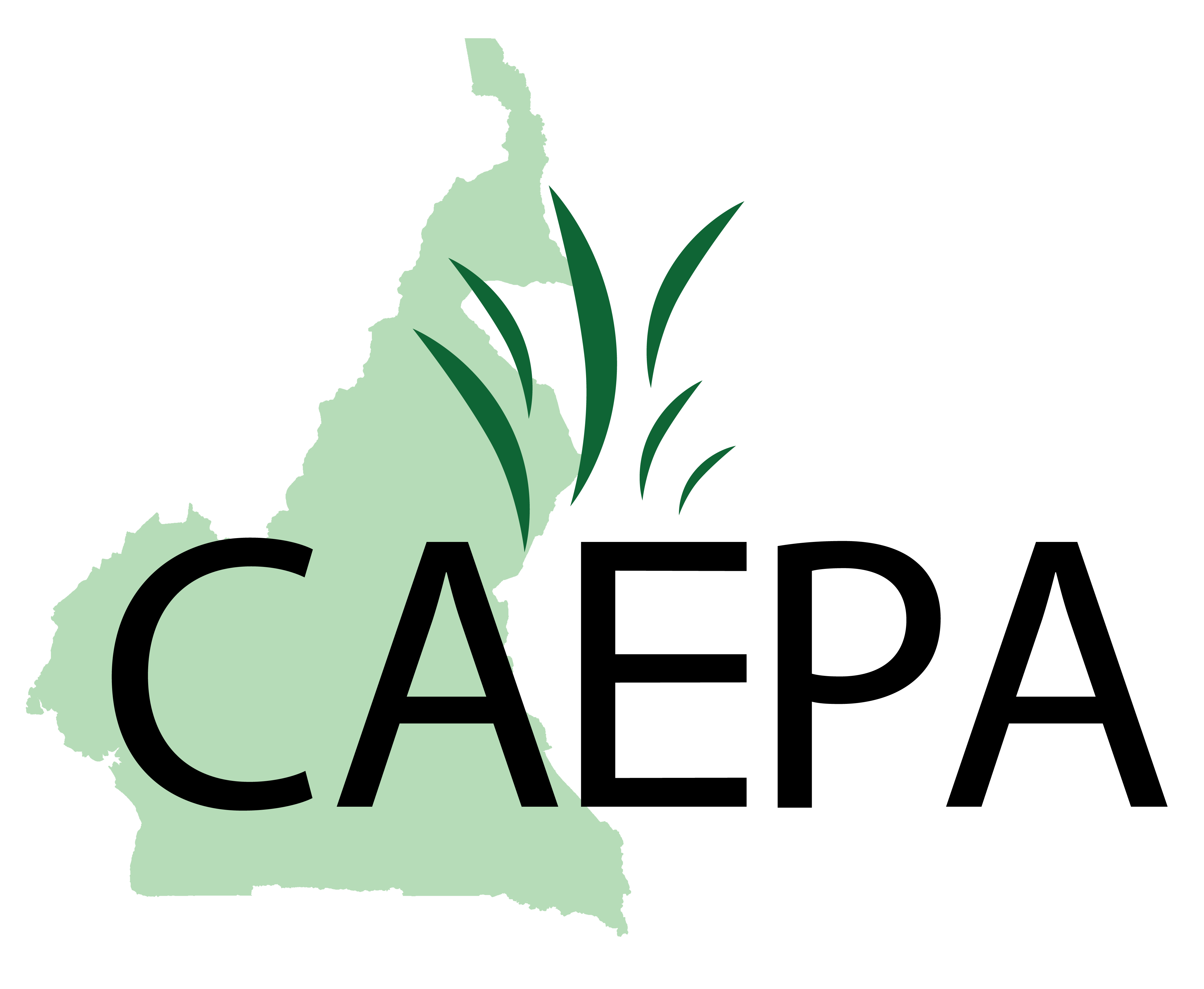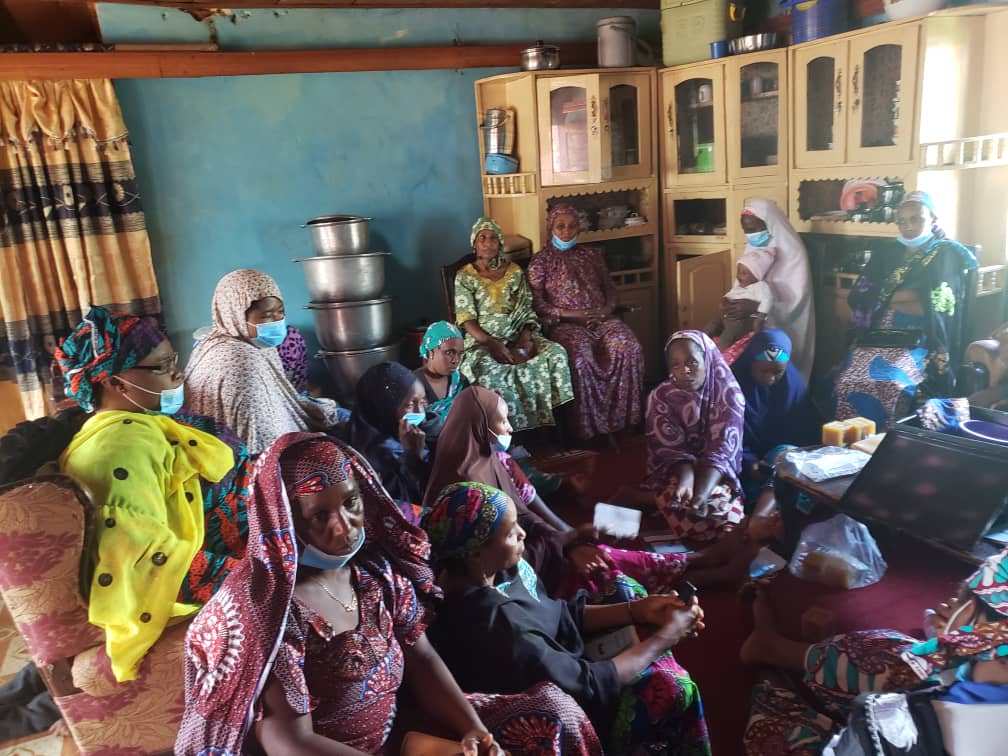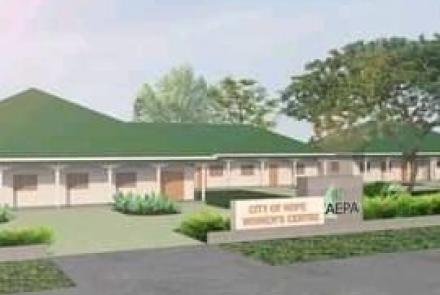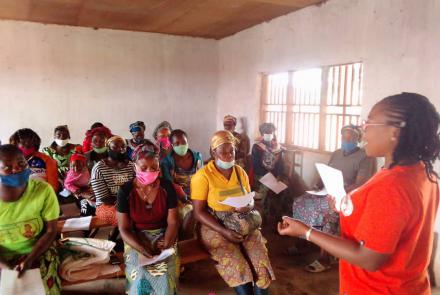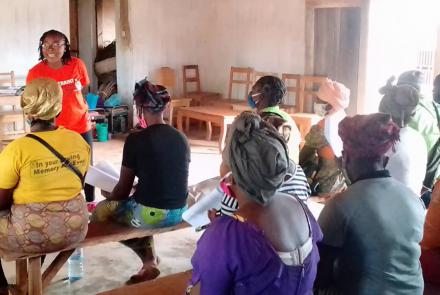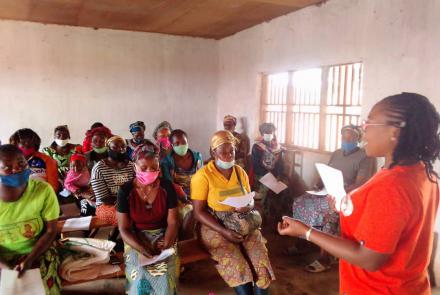Focus group discussions on gender based violence in Nitop Community, Bamenda II, North West Region, Cameroon
Contexts
The spread of the COVID-19 pandemic in the North West Region of Cameroon created a double crisis when added on to the already fraught situation of the Anglophone Crisis. Gender-based violence (GBV) which had existed before the pandemic escalated as the lockdown compounded the vulnerabilities of women already in violent situations who were forced to stay at home with their abusers. The economic impacts of the pandemic were felt most strongly by women who earn and save less, holding more insecure jobs, decreasing their ability to, for example, escape abuse and increasing their economic dependence on their abusers. To assess the impact of the pandemic and to better understand the specific concerns and needs of vulnerable women and girls, CAEPA undertook a series of focus group discussion (FGD) assessments in June 2021 targeting the My Choice Group, and Mbambah group in the Bamenda II, North West Region. Their aim was to identify the main types of gender-based violence that communities felt posed threats to the safety and well-being of women and girls as well as to assess the services available, helping them to better advocate and plan for the women in these affected communities.
Issues
From the outset of discussions, an imbalance could be felt as the men were unwilling to be part of the photos, feeling resentful that the focus of discussion was on women and girls. Nevertheless, all participants identified forced prostitution, emotional and psychological violence, economic violence, sexual violence; (namely rape by armed men, and state armed men), Intimate Partner Violence (IPV), and early marriages as threats to women and girls, particularly in the period from 2016-2020. The discussions showed that uniformed officers were often able to exploit their power to become perpetrators of GBV, and therefore that police checkpoints (particularly at the Nitop park area) were considered alongside farm areas as the most dangerous locations for women, especially at night when confrontations between non-state armed groups and state armed groups take place. Economic hardship was also a key factor leading to forced prostitution.
Most of the participants described having to take a victim to the hospital for medical attention but in the case of marital rape, all participants agreed it would be shameful to expose their family issues with outsiders.
Impacts
Participants identified 2021 as a year in which the risk to women and girls increased, with rapes in farm areas and at police checkpoints becoming daily occurrences. From the testimonies of survivors in Bamenda II, currently, there has been a rise in the number of rape cases (under-reported as most victims are afraid of stigmatization by the community) and unwanted pregnancies. Young women and teenagers constantly avoid police checkpoints for fear of attack. However, most women in the community depend on farming as a means of survival so cannot avoid farmland areas if they wish to make enough money to send their children to school and protect them from the threat of rape in turn. The pandemic and the Anglophone crisis have created a vicious cycle of economic hardship and vulnerability to GBV.
Recommendations
Participants of the FGDs made note of a number of services available to victims and survivors of GBV including Social Welfare, Quarter head, Njangi groups, women’s groups, and the general hospital. However, participants complained that there is a limited follow-up, and limited or no coping strategies developed for survivors. Over 60% of participants suggested that those handling cases within these institutions were incompetent to handle the trauma of most survivors, who prefer to remain silent. As a result of these findings, CAEPA came to four recommended actions for increased support and protection. First, to engage health personnel and community counselors on case management. Secondly, to encourage activities that economically empower women in order to reduce their dependence on men. Thirdly, to provide a hotline where victims can report cases. And finally, engage in sensitization training which will create greater awareness of what actions to undertake in regards to GBV cases.
